Human Geneticists, like Dr. Chad Huff, are hard at work researching genetic mutations that cause cancer. Read on to learn how Huff's innovative research is navigating the blueprint of life and helping humankind.
What is your job?
I'm the Assistant Professor with the Department of Epidemiology, Cancer Prevention and Population Sciences at the University of Texas MD Anderson Cancer Center in Houston, TX. My basic job is to advance our understanding of human evolution and the genetic basis of human disease through research. I am currently focused on developing new methods to analyze genomic data and discover new information about the genetic basis of human disease, specifically identifying genes that increase the risk of developing common cancers (lung, bladder, neck, colon/rectal, prostate, pancreatic and breast).
Explain what an average day at work is like for you.
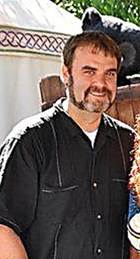
Once you reach the professor level there are so many different hats you wear. Any day can include teaching, grant writing for new research opportunities or checking and analyzing the results from tests we may have conducted the day before. It may also include working with the department to decide who should participate in new research opportunities or conducting research.
What do you like best about your job?
What I most enjoy about my job is the moment when I'm performing an analysis and though it's not complete yet, I know I've come across something. Two-thirds of the time it turns out to be nothing, but sometimes it turns out to be an important discovery. Recently, it has become possible to sequence an entire genome, whereas before we could only look at part of a genome. This innovation has really changed our research. Now, we're making more discoveries around the genes that increase a person's risk of developing different cancers. The goal is to eventually use this information to help people who are at risk of developing these cancers so they can start taking preventative measures as soon as possible. It's thrilling and rewarding to make a discovery that you know is going to help humankind.
What discovery are you most proud of?
I think the research I'm most proud of is the analysis we did on Tibetan genomes. Tibetans have lived in very high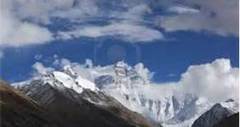 altitudes for a very long time. Most people have a really difficult time in high altitudes, so we knew that the Tibetan's genetic make-up helped enable them to sustain their lives in such a harsh environment. We were hoping our research could help determine how many genetic adaptations the Tibetans had that supported living at a high altitude. A couple years ago we found 10 distinct regions of a genome that may help explain how the Tibetans are able to survive in their habitat. It will be many years before we fully understand everything about this discovery, but this new information could eventually help us understand, prevent or treat altitude sickness in a different manner. Discoveries like this can have a long term impact on society.
altitudes for a very long time. Most people have a really difficult time in high altitudes, so we knew that the Tibetan's genetic make-up helped enable them to sustain their lives in such a harsh environment. We were hoping our research could help determine how many genetic adaptations the Tibetans had that supported living at a high altitude. A couple years ago we found 10 distinct regions of a genome that may help explain how the Tibetans are able to survive in their habitat. It will be many years before we fully understand everything about this discovery, but this new information could eventually help us understand, prevent or treat altitude sickness in a different manner. Discoveries like this can have a long term impact on society.
When you were a kid did you like STEM subjects?
Growing up I did not have a lot of exposure to engineering, but I liked science, technology and math. My favorite subjects in school were physics, astronomy and chemistry. Interestingly, I didn't like biology until college because I don't think it was taught very well in my high school. Overall, I've always had an interest in science.
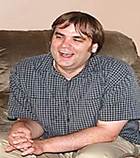
Was there a particular moment you knew you wanted to pursue a science field?
I remember wanting to be a scientist in middle school, but then I had a pragmatic streak in high school and decided that I should pursue a more practical career. So, I studied information systems in college and after graduating I worked in business computing for 6 years. It was really my experience and success in business computing that made me realize I didn't want to work in that field for the rest of my life and helped me come to the decision that I needed to go back to school and pursue my childhood dream of becoming a scientist.
What was the biggest challenge you faced in your journey to becoming a scientist?
The first challenge for me was just deciding what I wanted to do with my life. I was going in a completely different direction as an undergraduate student and then in my first job. At the time, I thought I wanted a career that paid well and didn't require a tremendous amount of education and information systems filled both of those requirements. Once I finally decided go to graduate school and pursue science I experienced more obstacles. I realized that I didn't have the math background or writing skills I needed - so those skill-sets both had to be developed. I also had to identify a scientific question or hypothesis to base my graduate research around that was both interesting enough for me to pursue and could be solved with the resources I had available. All of those obstacles combined made for a difficult graduate school experience and there were definitely a few moments that I thought I should go back to information systems.
Do you have any suggestions for how kids in elementary school can get an introduction to your field?
I think any experience using computers to solve problems would be a great introduction to science. So much of our work in the lab is centered around computers and I think a lot of kids don't realize what a big role technology plays in science today. Also, check out www.learn.genetics.utah.edu because there are a lot of great interactive genetics activities to do.
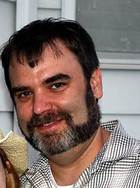
Where do you see your industry going in the future?
Within 10 years it will be possible that every individual in the developed world will have their entire genome as part of their medical record and this is really going to change medicine in a profound way. We're going to start having clear predictions about someone's risk to developing different diseases and I think it will make prevention and treatment for those diseases more obtainable.
Do you have closing remarks to encourage students to pursue a career in genetics or similar STEM subjects?
A career in science is challenging and frustrating at times, but can be incredibly rewarding. In my particular field of genetics, it's always exciting to make new discoveries and know that those discoveries can help humankind.
The Blueprint of Life
- How large is the blueprint of life? Our entire DNA sequence, or genome, would fill 200 1,000-page New York City telephone directories
- We're not as different as you think. Over 99% of our DNA sequence, or genome, is the same as other humans'.
- So how much of our genes are shared with family? While a parent and child, as well as siblings only share 50% of their genes, Identical twins share 100% of their genes.
(adapted from eyeondna.com)
Altitude - the height of anything above sea level
Epidemiology - branch of medicine dealing with disease in large populations and with detection of the source and cause of infectious disease
Genetic - pertaining to or produced by genes or DNA
Genome - a full set of chromosomes; all the inheritable traits of an organism
Tibetan - a member of the native Mongolian race of Tibet
(adapted from dictionary.com)
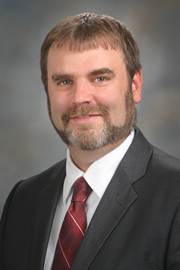

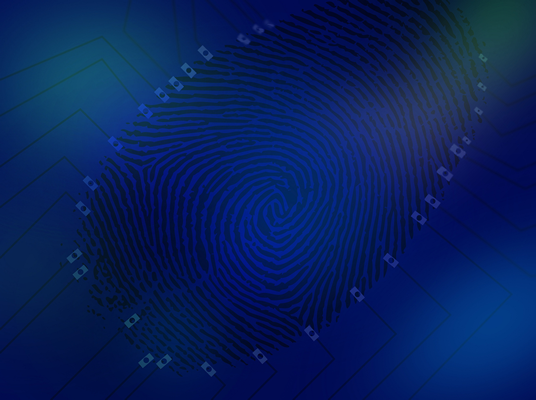

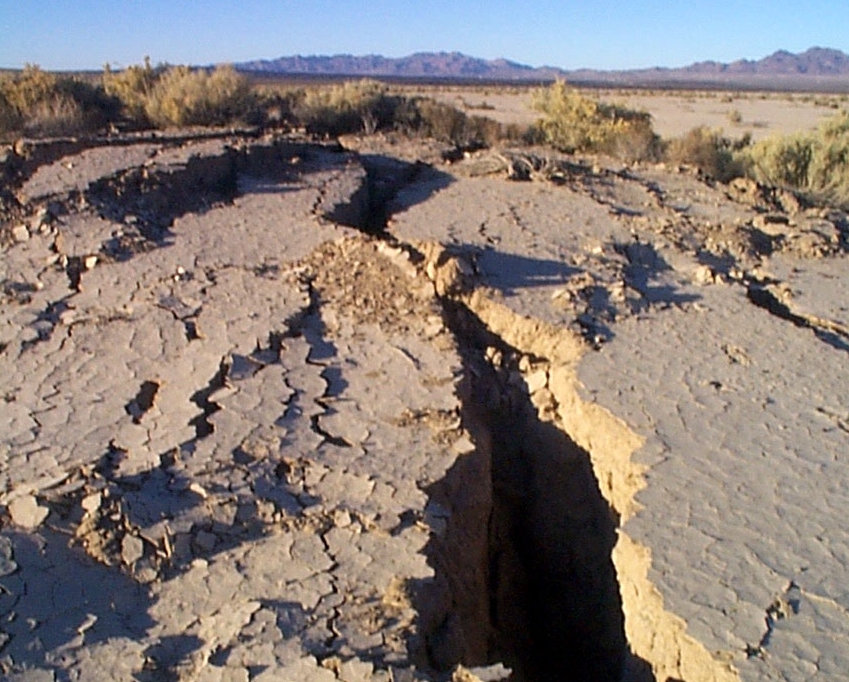
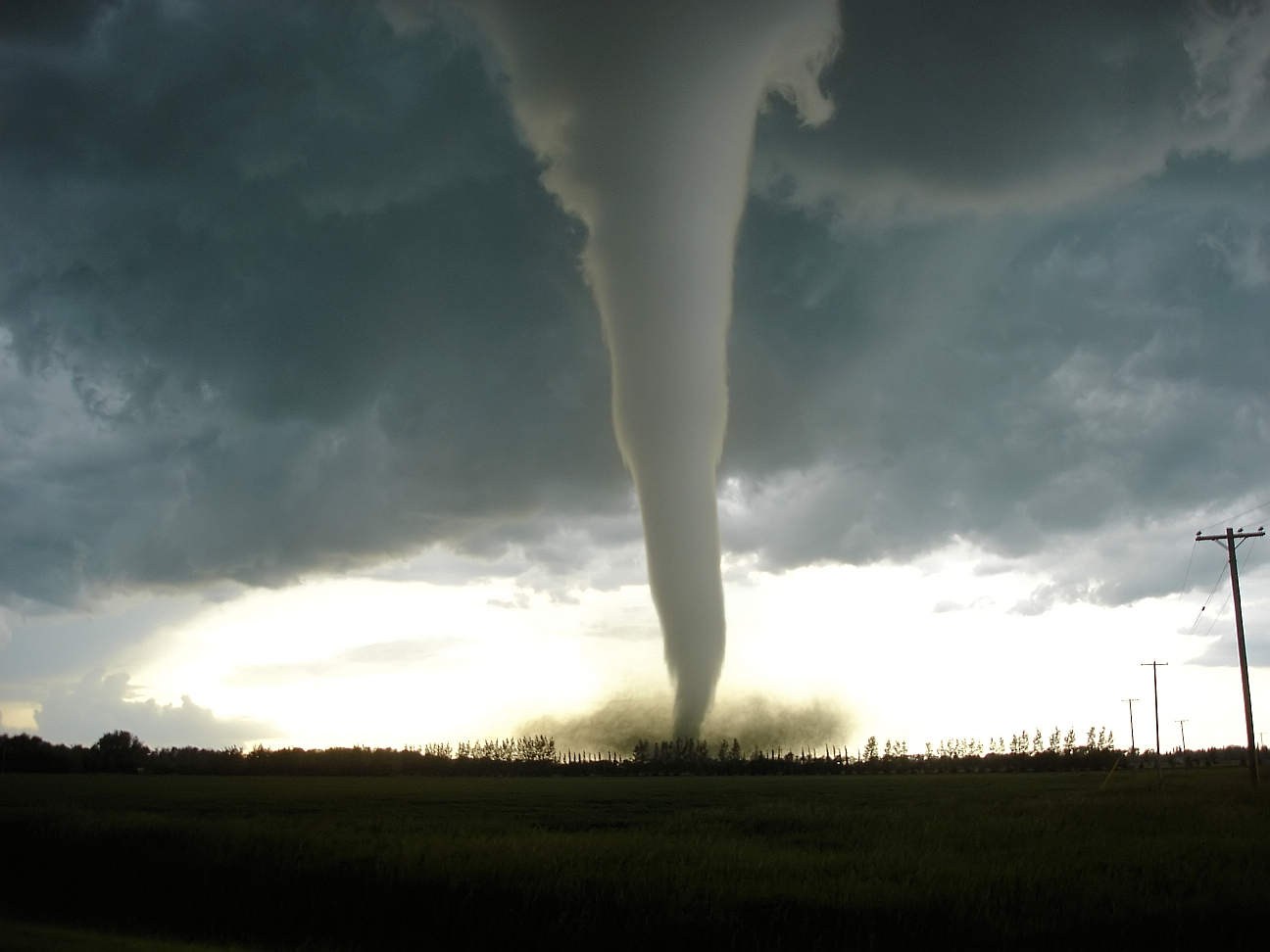

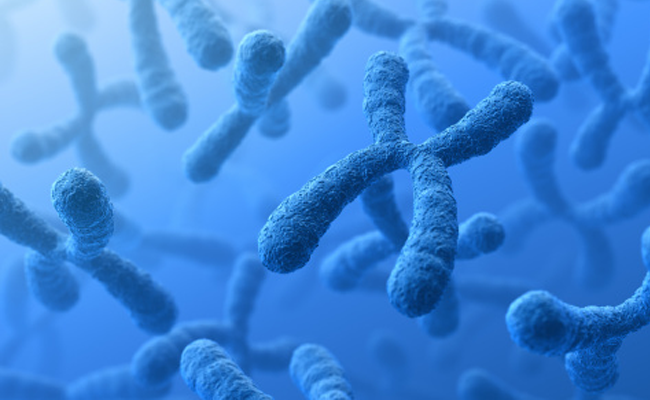

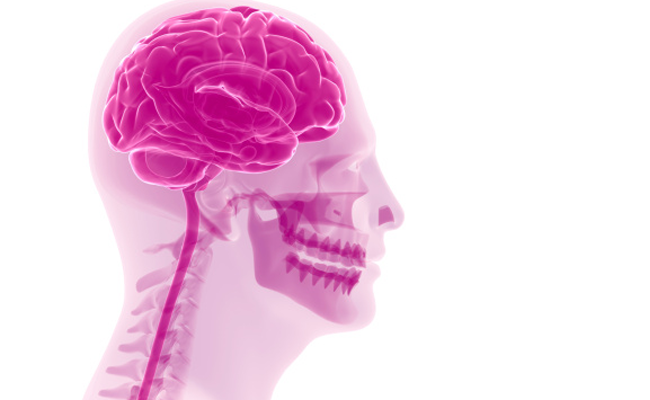

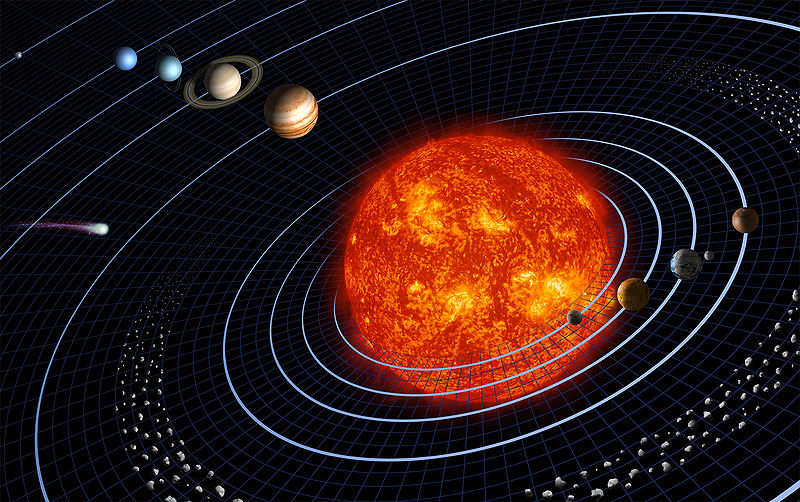
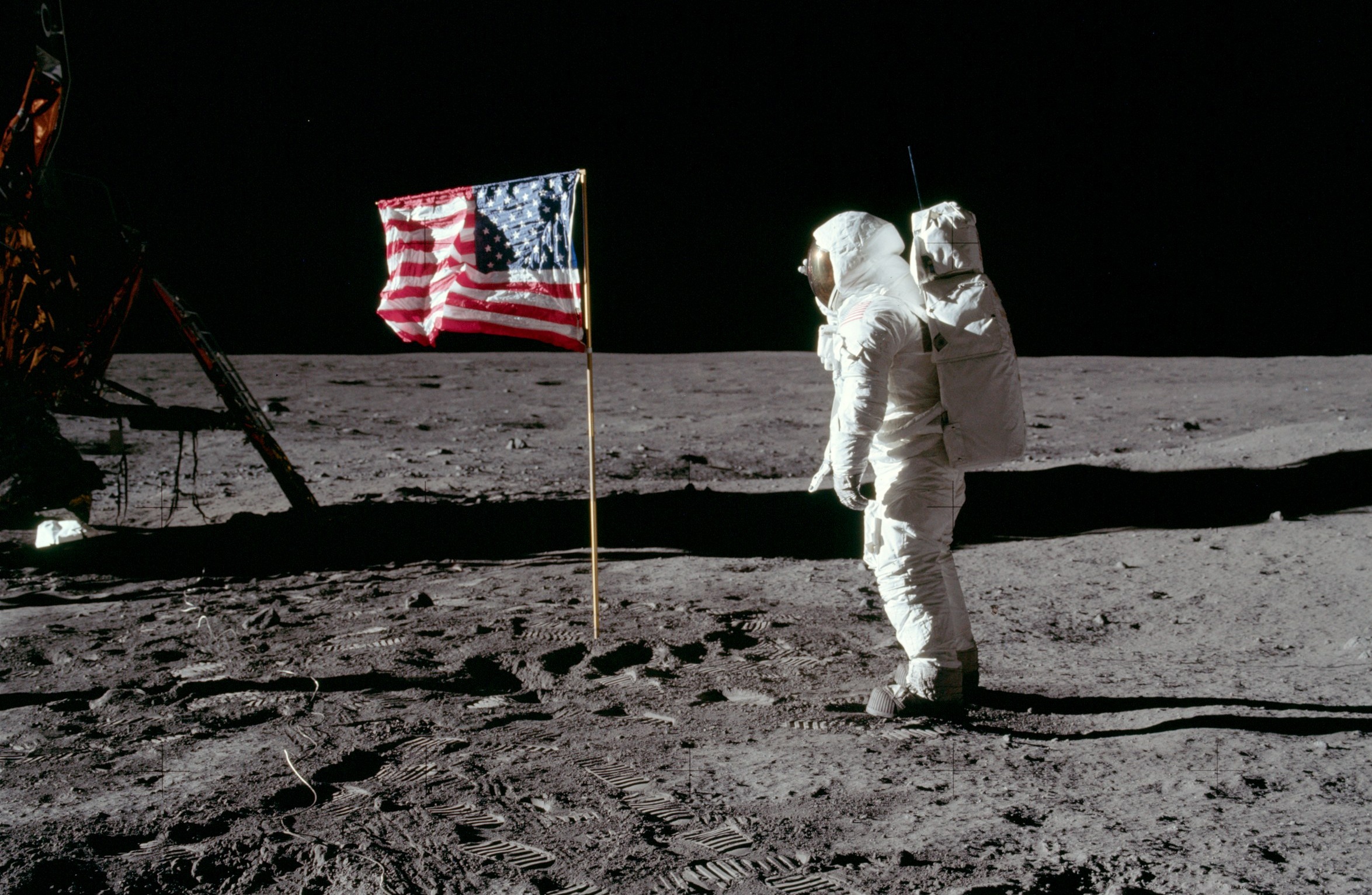
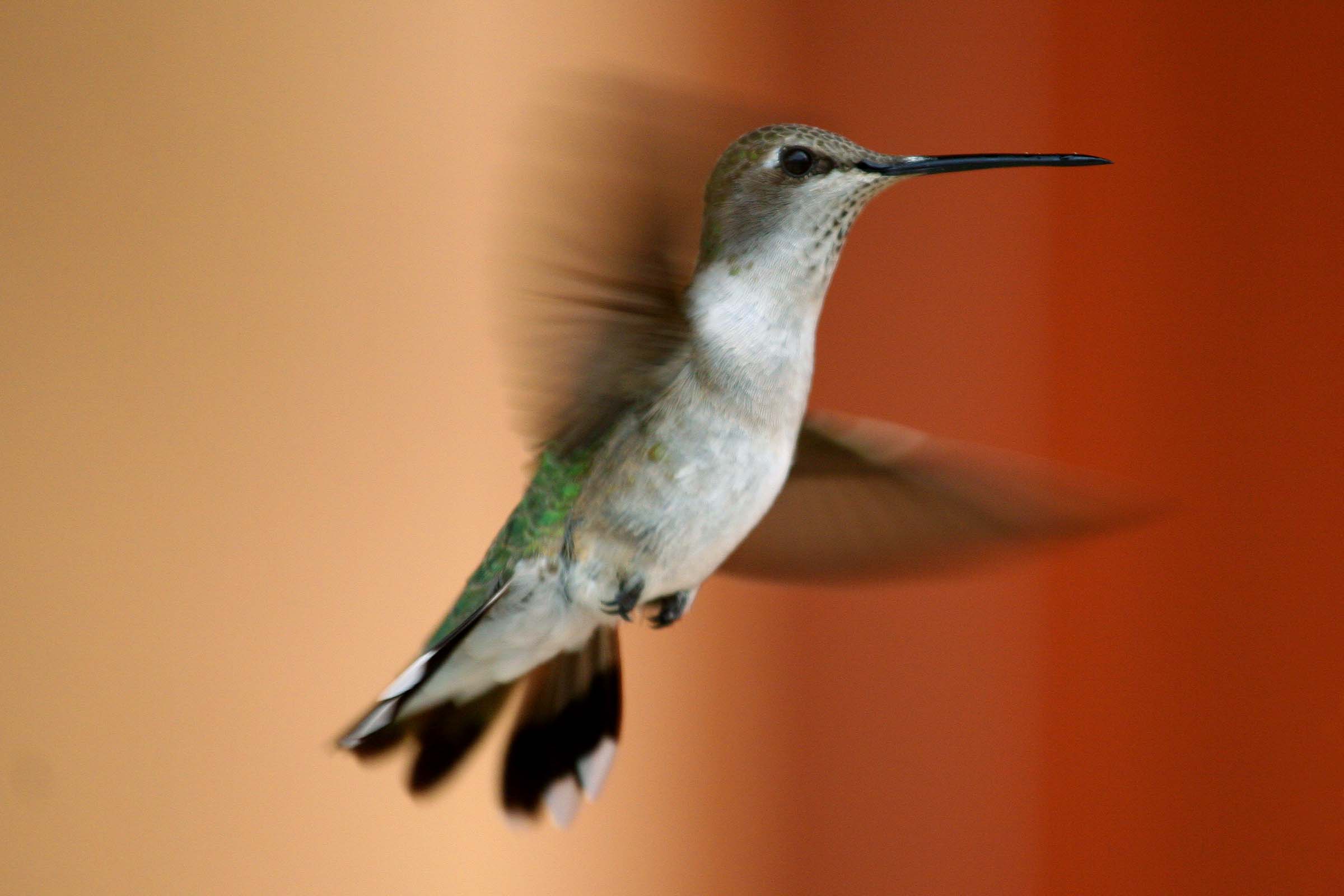
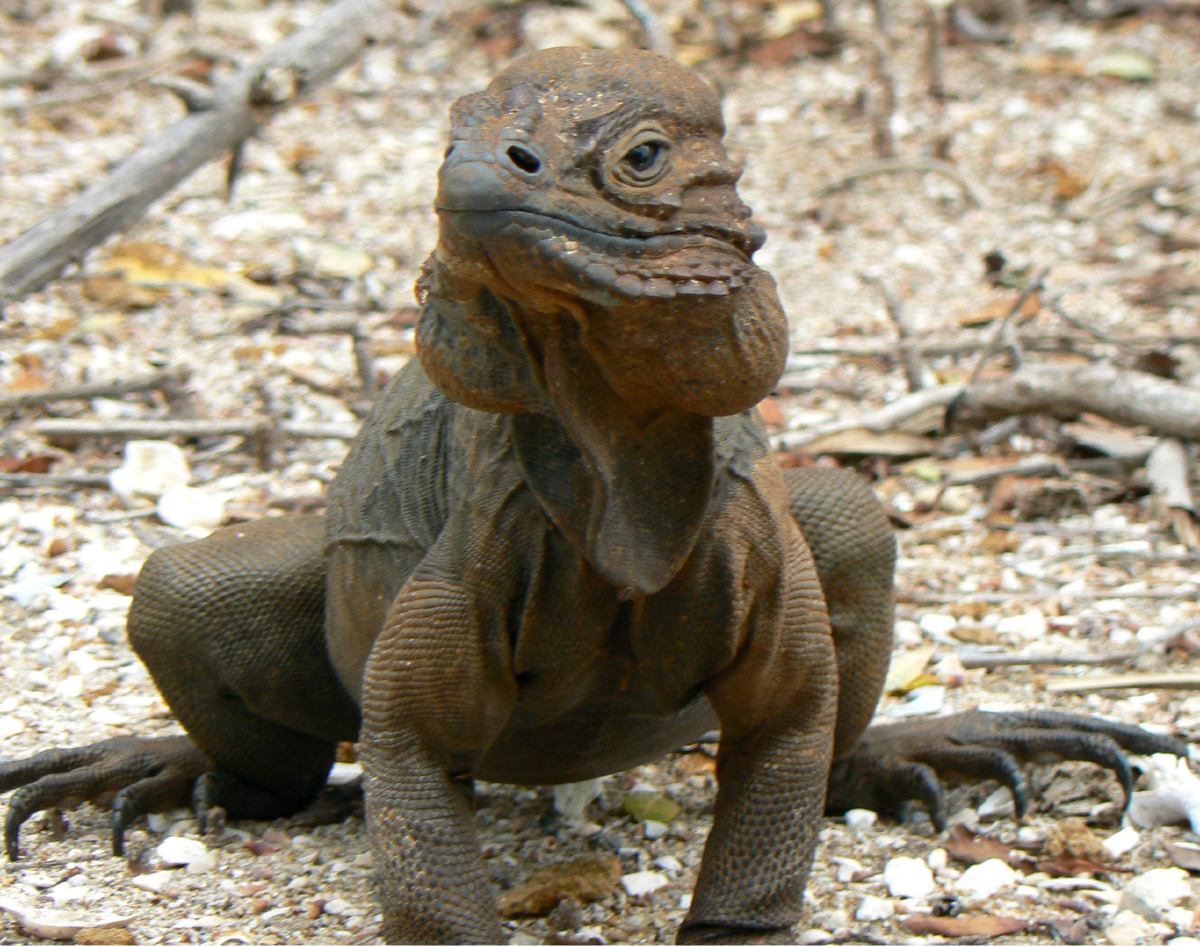
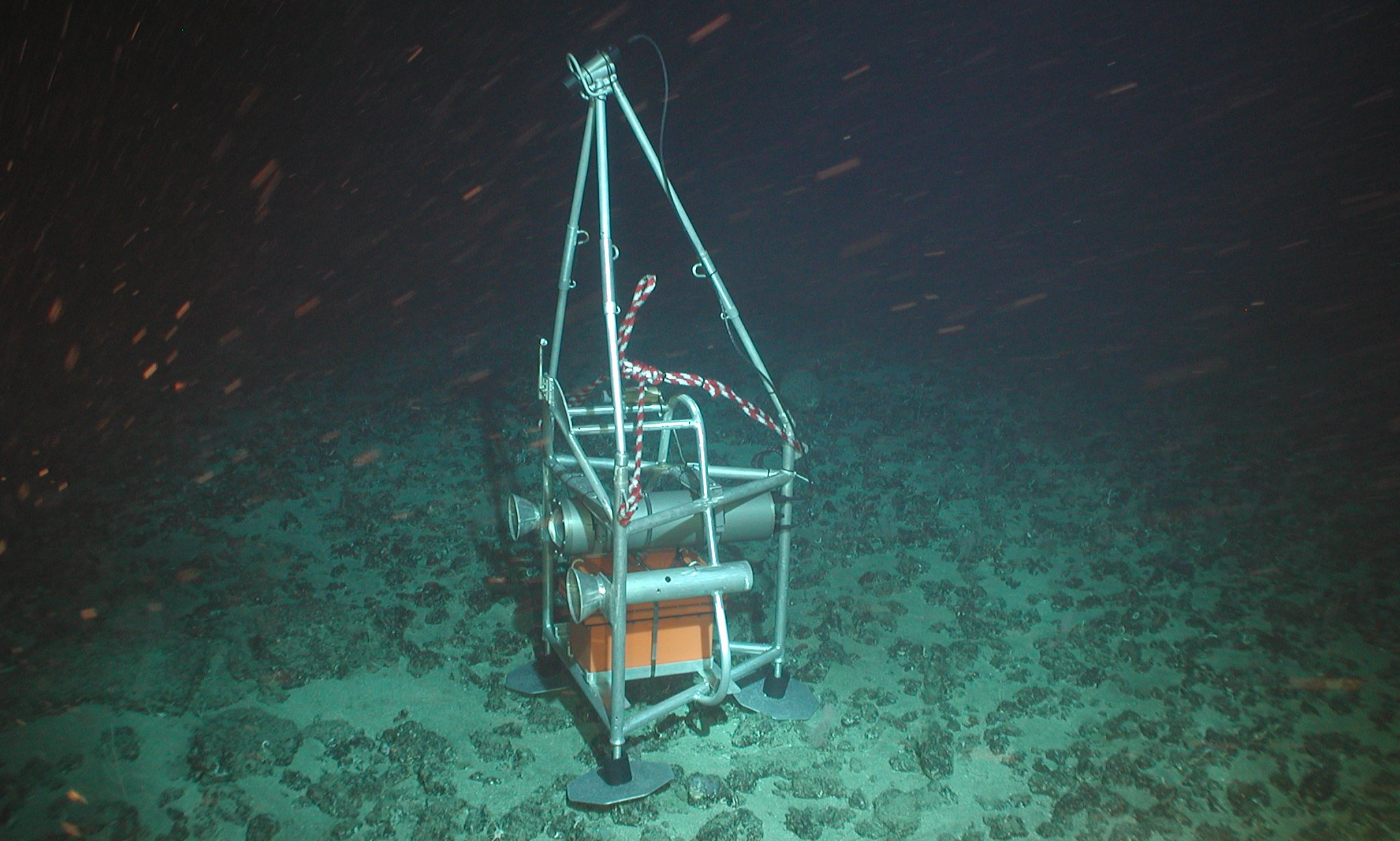
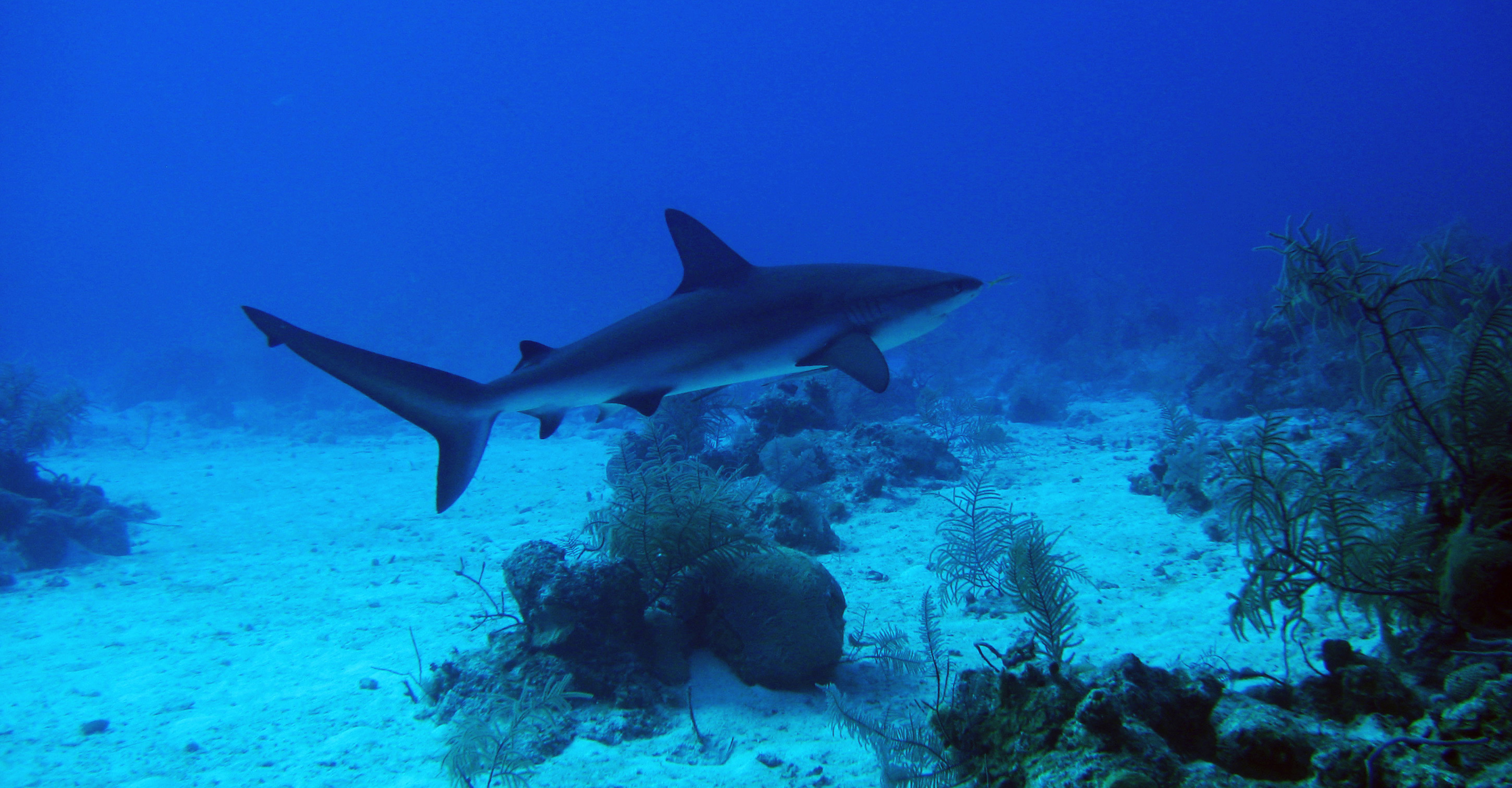
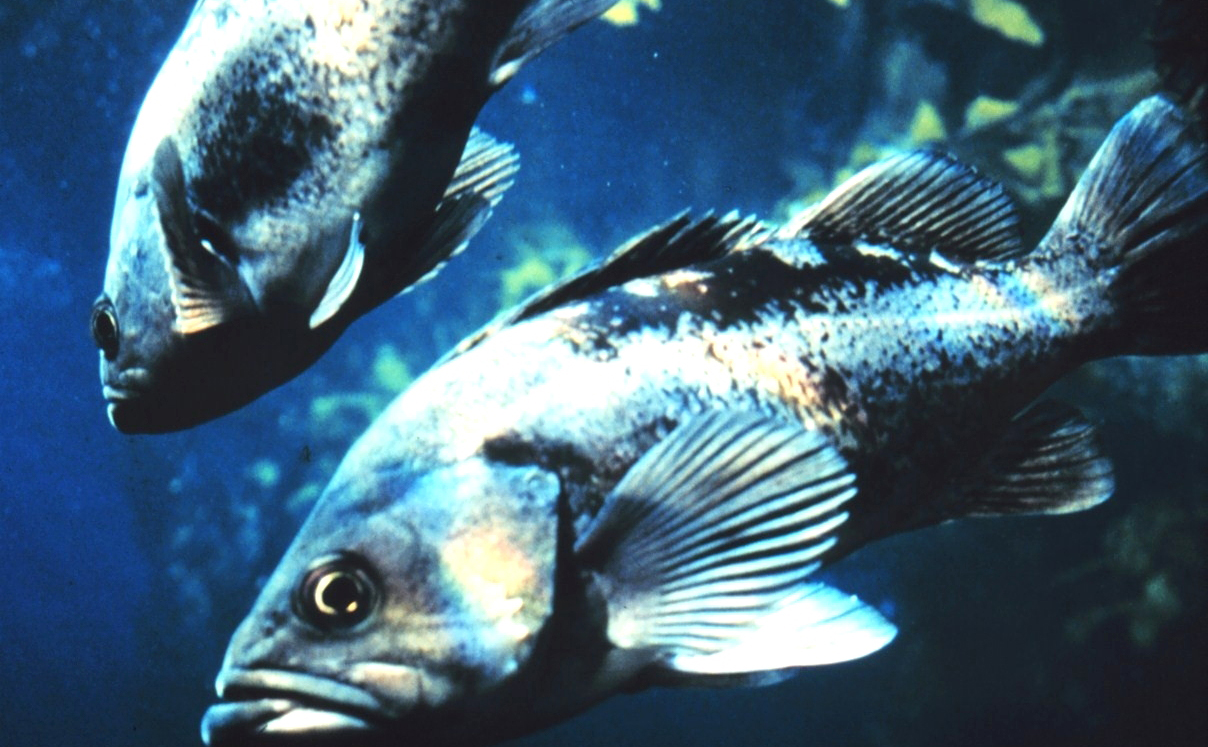

 altitudes for a very long time. Most people have a really difficult time in high
altitudes for a very long time. Most people have a really difficult time in high 


